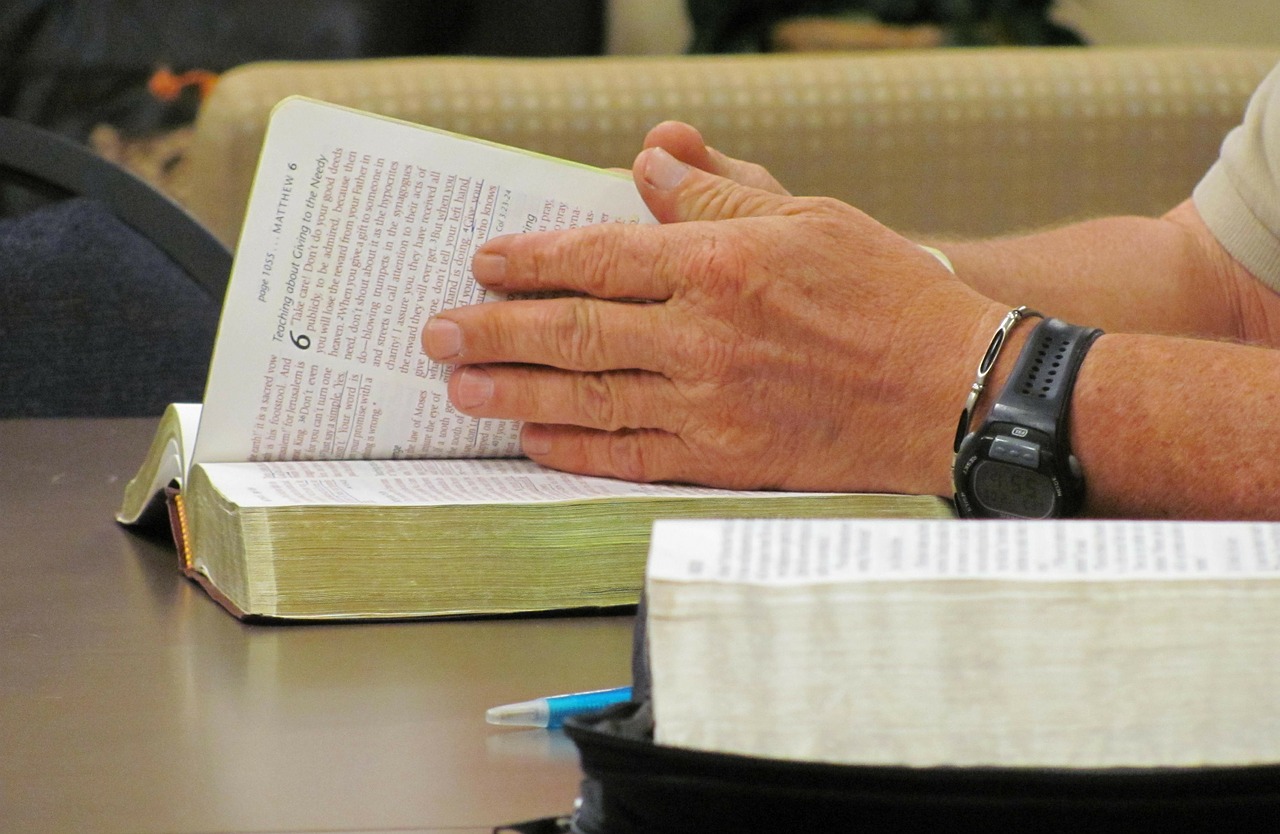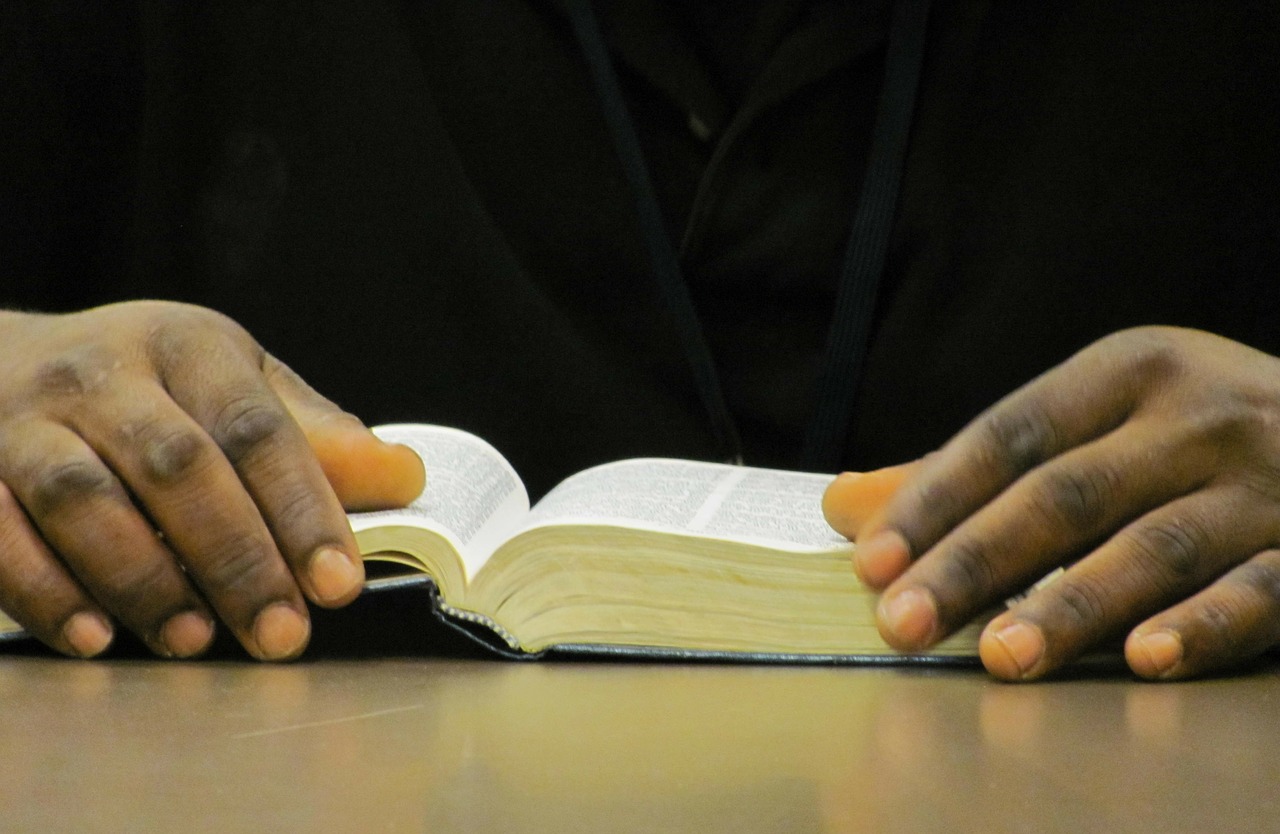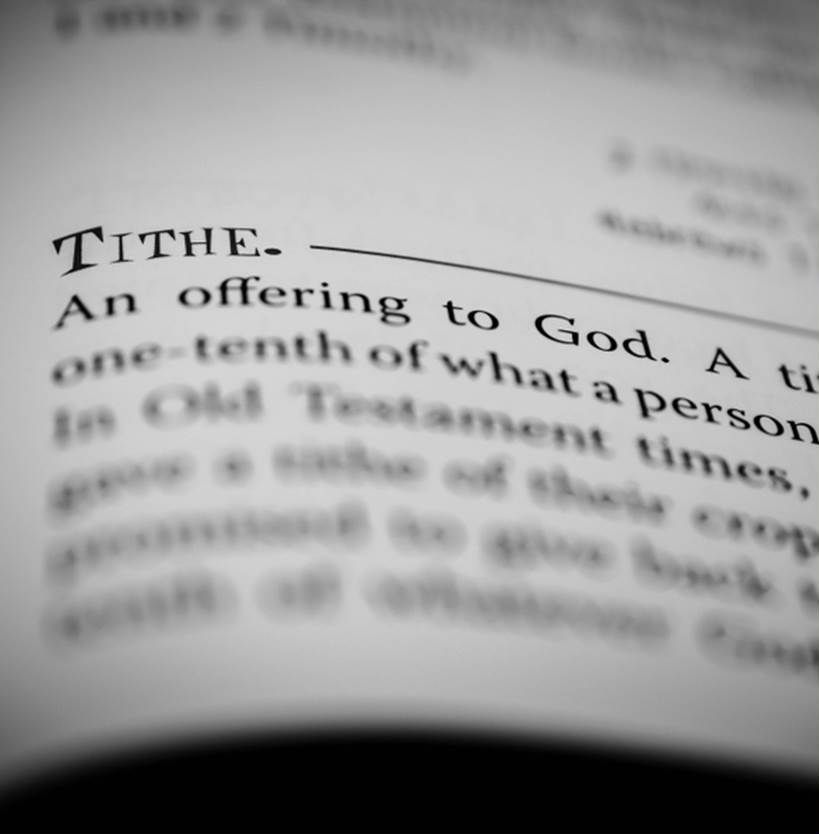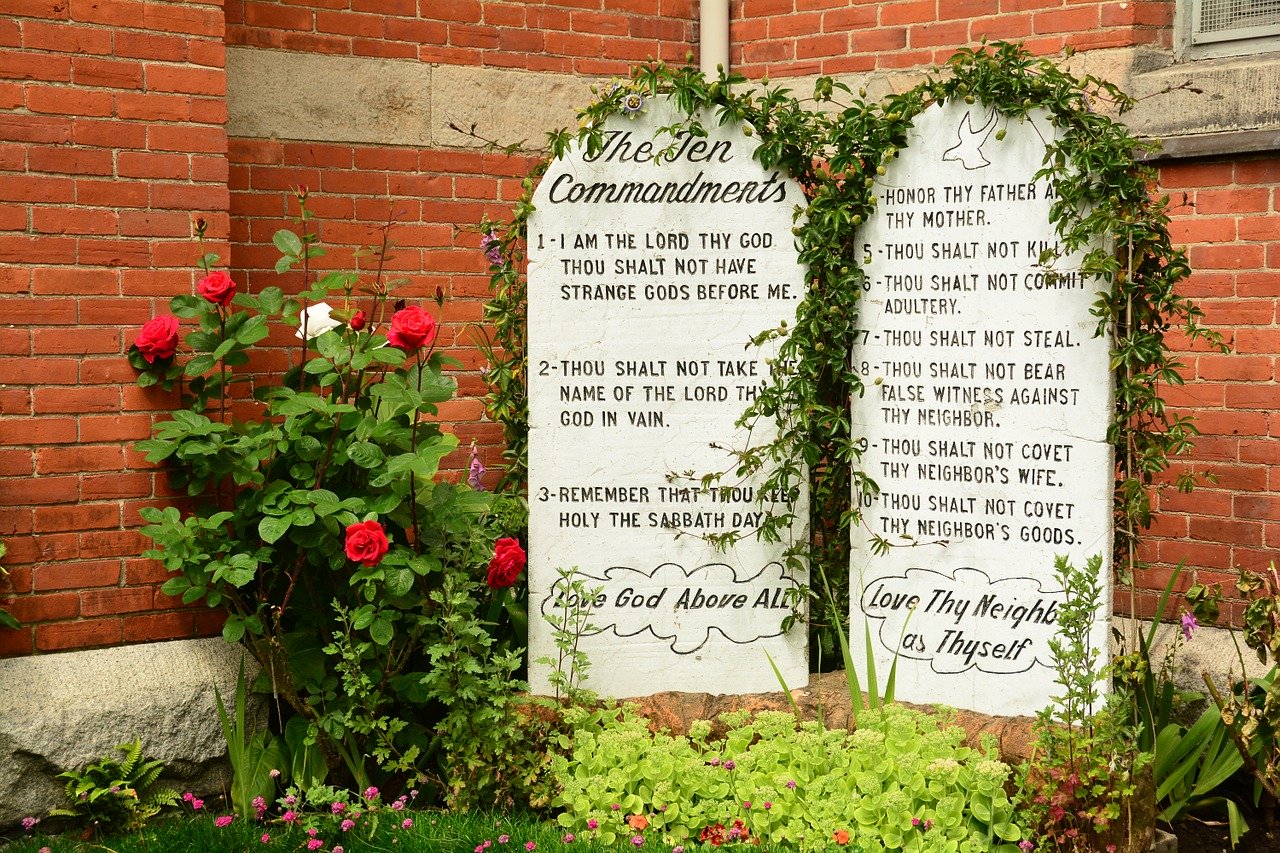Jesus condemns the Pharisees for leaving “undone” the practices of judgment, mercy, and faith. One of our visitors asked for clarification regarding the meaning of “and not leave the other undone.” This statement comes from Matthew 23:23, where Jesus speaks to the scribes and Pharisees. These Jewish religious leaders were not observing ALL of the Mosaic Law Covenant. They were tithing herbs and spices while neglecting more important aspects of the Law. In this case, they were leaving “undone” the practices of judgment, mercy, and faith.
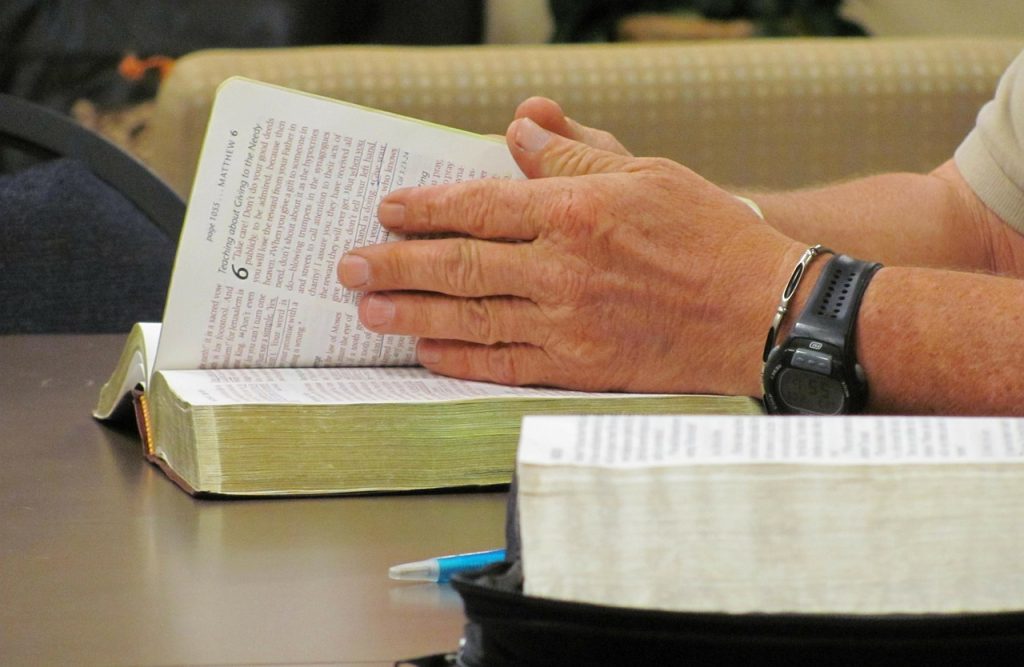
Table of Contents
- Watch the Video
- Back to Basics
- Kingdom Blockers
- The Law Wasn’t for Gentiles
- Jesus and the Pharisees’ Conflict
- Jesus Endorses Tithing, But…
- Tithe Advocates Got It Wrong
- Recap
- Outsmart the Prosperity Gospel Preachers
Watch the Video
Matthew 23:23
23 Woe unto you, scribes and Pharisees, hypocrites! for ye pay tithe of mint and anise and cummin, and have omitted the weightier matters of the law, judgment, mercy, and faith: these ought ye to have done, and not to leave the other undone.
Back to Basics
Context is critical to understanding the biblical text. It’s not enough to know what the Bible says. We must understand what the Bible means by what it says. And this is where context comes into play. So, let’s approach the verse by first asking a few basic questions:
- What is Matthew chapter 23 about?
- Who is Jesus addressing?
- What does Jesus say to his audience?
- Why is Jesus saying these things?
- How does the verse relate to tithing?
- Does the verse apply to New Testament Christians?
Ready? Good. Let’s start unpacking verse 23 and dive into Jesus’s words: “without leaving the others undone.”
Kingdom Blockers
What is chapter 23 about? The Bible says Jesus is warning the religious leaders of his day. These leaders were the scribes and the Pharisees. The scribes taught the Mosaic Law, and the Pharisees interpreted the Law. Like Jesus, they were Hebrews who lived under the Old Covenant. Throughout the chapter, Jesus rebukes their hypocritical behavior. Their conduct keeps themselves and their fellow Hebrews from entering the Kingdom of Heaven.
Matthew 23:13
13 “Woe to you, teachers of the law and Pharisees, you hypocrites! You shut the door of the kingdom of heaven in people’s faces. You yourselves do not enter, nor will you let those enter who are trying to. [14] [b] (NIV)
The Law Wasn’t for Gentiles
In Matthew 23, Jesus is surrounded by a crowd of people. Of course, the scribes and Pharisees are present. However, there are others. Jesus has his disciples with him. Additionally, his fellow Hebrews are listening to him.
In Matthew 23, Jesus is doing two main things. One, he’s instructing his disciples and the general Hebrew population. Two, he’s rebuking the scribes and Pharisees. Everyone in the audience is Hebrew and living under the Mosaic Law Covenant. Everything he says relates specifically to the ancient Hebrews before the establishment of the New Testament.
Let’s look at verse 3.
Matthew 23:3
3 So you must be careful to do everything they tell you. But do not do what they do, for they do not practice what they preach. (NIV)
Again, Jesus isn’t speaking to Gentiles or Gentile Christians. This is not a command for Christians to follow the Law. Jesus is telling his Hebrew brethren to keep observing the Mosaic Law.
Why is this point important?
Many pro-tithing preachers take Bible verses out of context to support their man-made doctrine of paying 10% of your income to God (or the church). When they do this, the meaning of the text gets misinterpreted.
In turn, they make the mistake of applying verses to Christians that aren’t intended for New Testament believers. This is why we must always read scriptures within the proper biblical, cultural, and historical context.
In verse 3, Jesus also tells his disciples and the general Hebrew population not to follow the example of the scribes and Pharisees. In other words, he tells them to follow the Law and not these men. Why does Jesus say this? Because the religious leaders were hypocrites.
Jesus and the Pharisees’ Conflict
There are several reasons why Jesus condemned the scribes and Pharisees. One, they placed unrealistic, legalistic demands on the people (verse 4). Two, they enjoyed their “celebrity” status and religious titles (verse 7). Three, they thought they were better than their fellow Hebrews (verse 12). Four, they loved to showboat. Jesus points out their outlandish behavior in the following verses:
Matthew 23: 5-6
5 “Everything they do is done for people to see: They make their phylacteries[a] wide and the tassels on their garments long; 6 they love the place of honor at banquets and the most important seats in the synagogues; (NIV)
Finally, what angered Jesus the most was their hypocrisy. According to the Mosaic Law, the scribes and Pharisees were more focused on looking religious than doing what was right. It’s this hypocrisy that Jesus sums up in verse 23.
Matthew 23: 23
23 Woe unto you, scribes and Pharisees, hypocrites! for ye pay tithe of mint and anise and cummin, and have omitted the weightier matters of the law, judgment, mercy, and faith: these ought ye to have done, and not to leave the other undone.
23 “Woe to you, teachers of the law and Pharisees, you hypocrites! You give a tenth of your spices—mint, dill and cumin. But you have neglected the more important matters of the law—justice, mercy, and faithfulness. You should have practiced the latter, without neglecting the former. (NIV)
The scribes and Pharisees were caught up in ceremonial components of the Old Covenant Law, such as tithing. Meanwhile, they ignored important matters, such as judgment, mercy, and faith. Jesus rebukes them for placing tithing above and beyond other aspects of the Mosaic Law. To Jesus, tithing was the least important thing for them to do.
Jesus Endorses Tithing, But…
In verse 23, Jesus acknowledges the scribes and Pharisees did right by tithing. Why? Because the Mosaic Law required it of them. This is why Jesus said, “these ought ye to have done.” They did what they were supposed to do regarding the tithe. However, they didn’t follow the rest of the Law regarding mercy, justice, and faith. Jesus tells them to practice mercy, justice, and faith when he states, “not to leave the other undone.”
Tithe Advocates Got It Wrong
What’s the takeaway regarding New Testament Christians and modern-day tithing?
One, don’t be led astray by pro-tithing advocates who use Matthew 23:23 to justify a monetary tithe for Christians. Jesus is not telling Christians (Gentiles) to tithe or to observe the Old Mosaic Law. Jesus was a Hebrew who lived under the Old Covenant. The Mosaic Law only pertains to ancient Israel. Gentiles (non-Hebrews) were NEVER under the Law, which includes Gentile Christians.
Only Israel paid tithes. Plus, verse 23 confirms the tithe was consumable items, such as cumin, anise, mint, and dill. This is more biblical evidence proving the tithe didn’t consist of money. The Mosaic Law is very clear that the tithe is agricultural produce. However, tithe advocates keep overlooking this biblical fact.
On the one hand, they say Christians should tithe because Jesus supported it. On the other hand, they ignore the kind of tithe Jesus supported, which was consumable goods and NOT money. Pro-tithers try to have their cake and eat it too, so to speak.
It’s inappropriate to take Jesus’s words out of context to condone tithing among Christians. Period!
Recap
What is Jesus talking about when he says, “these ye ought to have done, and not leave the other undone?” First, he’s talking to the scribes and Pharisees he rebuked for their religious hypocrisy. They were the teachers and interpreters of the Mosaic Law. The problem is that they didn’t practice what they preached. More importantly, they focused more on performing ceremonial rituals, such as tithing, than practicing righteousness.
Since the scribes and Pharisees lived under the Old Mosaic Law, they did the right thing by tithing mint, anise, and cumin. This is why Jesus said, “these ought ye to have done.” In other words, Jesus acknowledges that they did the right thing as Hebrews living under the Mosaic Law. Unfortunately, they ignored the rest of the Law dealing with judgment, mercy, and faith. When Jesus tells them “not to leave the other undone,” he’s telling them to practice those areas of the Law, not just tithing.
Outsmart the Prosperity Gospel Preachers

📌 Discover the TRUTH about tithes, prosperity gospel preachers don’t want you to know. 👉 👉Click this link

